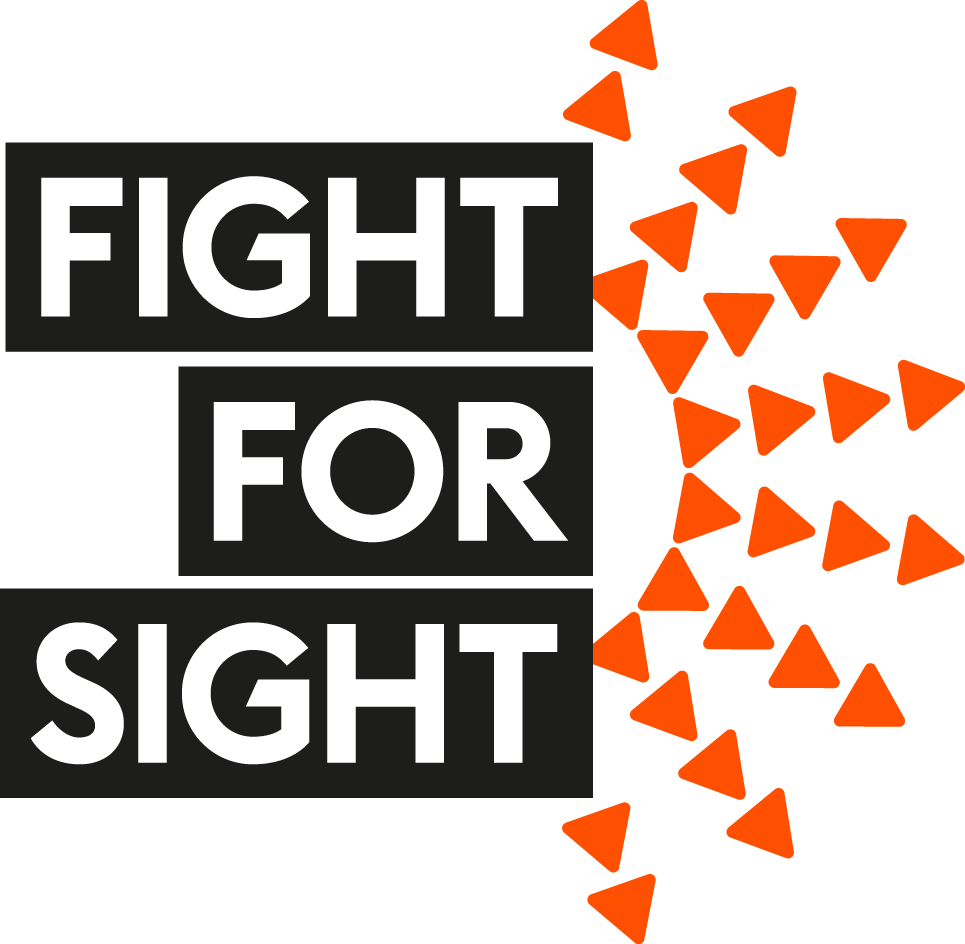The case for investing in eye health
Investing in eye health care could relieve pressure on the National Health Service and prevent sight loss in people across the UK. Read the full report
Investing in eye health care could relieve pressure on the National Health Service and prevent sight loss in people across the UK.
A General Optical Council (GOP) report reveals that 77% of the population had had an eye test in the past two years (up 3%) from the previous year. It is welcome news, given that 50% of sight loss is preventable; many sight loss conditions can be treated if caught early.
The GOP report also shows good awareness among the public of optometry services, with 36% saying that they would go first to an optician/optometrist practice with an emergency eye problem; the second most popular choice was a GP practice surgery (33%).
Potential to relieve pressure on GP services
A growing awareness of the role of eye healthcare specialists is reducing the burden on GP practices. The number of respondents saying they would first speak to an optician or optometrist practice if they woke up with an eye problem has grown year on year, from 30% in 2021 to 34% in 2022 to 36% in 2023. This figure steadily increased since 2015, when 19% reported they would go to an optician first.
There has been a concurrent decline in those who would visit their GP first, showing a reduction in the burden on the NHS. In 2015, 54% reported that they would see their GP first. This figure saw a slight spike in 2021, when it rose to 38%, but has continued to fall, with this year the first time that the proportion who would go to an optician/optometrist practice overtaking the number who would go to a GP practice/surgery first.
Preventing eye conditions would also benefit the UK economy. Our Time to Focus report found that reducing the prevalence of eye conditions by just one per cent per year could avoid costs to the economy of up to £3.1 billion by the end of the decade. We also found that treating sight loss is costing the NHS and social care services up to £3.9 billion a year.
The cost of eye health is a concern for many
However, some may be put off going to an optometrist because of the costs involved. The GOP survey found that 21% of respondents said that affordability is an important factor when selecting an optician/optometrist practice. Meanwhile, others report a surge in people going private for cataract surgery. Cataract surgery is the most performed surgery on the NHS, but according to the BBC, more people are turning to private healthcare amid long waits.
The GOP survey found that those in the higher income band (earning £50k+) were likelier to go to an eye hospital and less likely to go to a GP practice/surgery.
Among those who choose not to go to an optician/optometrist practice first, 17% were concerned that they might have to pay for the treatment, and 17% expressed concern that the optician/optometrist practice wouldn’t be able to treat these kinds of problems.
Skills shortage a cause for concern
However, the most common reason people do not go to an optician/optometrist first is that they might not be seen on the same day (24%), said the GOP report.
There is a documented skills shortage within eye health care services. There is an NHS backlog and a lack of ophthalmologists. NHS England clinicians filed 551 reports of patients who lost their sight in 2019 because of a backlog.
Representatives of the AOP discussed the shortage at the April meeting of the All Party Parliamentary Group on Eye Health and Visual Impairment.
A more recent report by the Royal College of Ophthalmologists (RCOphth) highlights the scale of staff shortages in NHS ophthalmology services and predicts these will worsen over the coming years.
Campaigning for change
Fight for Sight/Vision Foundation is campaigning for change alongside AOP, RCOphth and others through its membership of The Eyes Have It. We are backing the work of MP Marsha e Cordova who is calling for an Eye Health Care Strategy for England – the only Uk member which doesn’t currently have one.

